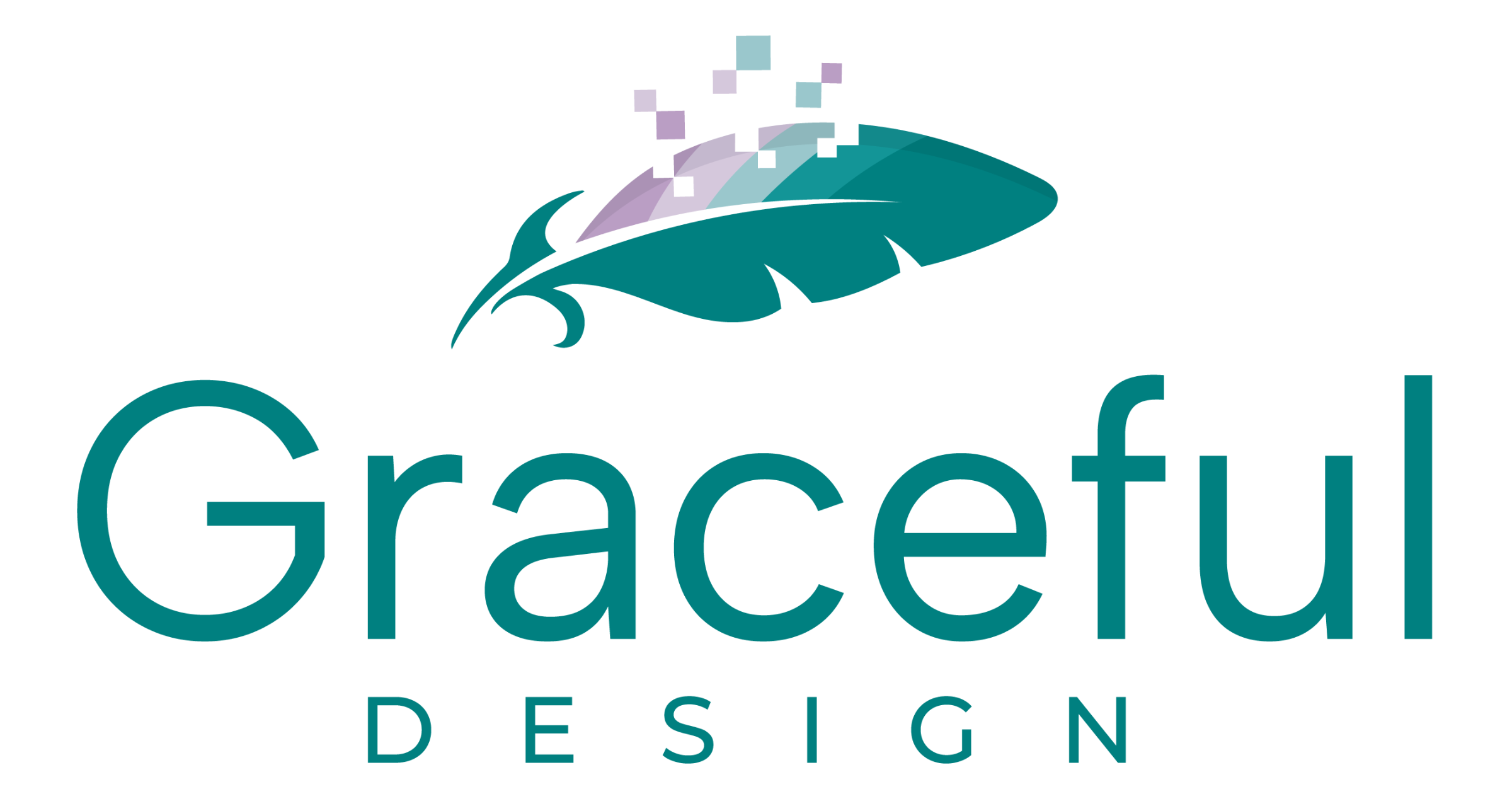Choosing a web host is one of the most important decisions you’ll make when setting up a website. A good web host ensures your site runs smoothly, stays secure, and remains accessible to visitors. But with so many options available, how do you know which one to choose? Here are the things I look for:
1. Uptime and Reliability
Your website needs to be available to visitors at all times, so look for a host that guarantees high uptime (ideally 99.9% or higher). Frequent downtime can harm your site’s reputation and even affect search engine rankings.
2. Speed and Performance
Page speed is crucial for both user experience and SEO. A good web host will offer fast server response times, content delivery networks (CDNs), and optimised infrastructure to keep your website loading quickly.
3. Security Features
Security is non-negotiable. Look for features such as firewalls, malware scanning, and automatic security updates. A host that offers free SSL certificates is essential for encrypting data and boosting your website’s credibility.
4. Daily Backups
Mistakes happen, and websites can be vulnerable to cyber threats. A good web host should offer daily backups, ensuring you can restore your site easily if anything goes wrong.
5. Ease of Use
Not everyone is a tech expert, so a user-friendly control panel is a must. A good host will provide an intuitive interface for managing your website, emails, and domain settings without unnecessary complexity.
6. Customer Support
When issues arise, having responsive customer support can make all the difference. Look for a host that offers 24/7 support via multiple channels, such as live chat, phone, and email. This one really matters when you have an issue that you need to discuss with your host.
7. Scalability
Your website may grow over time, so choose a host that allows you to upgrade your plan easily. Whether you start with shared hosting or a dedicated server, having the option to scale up is essential.
8. Storage and Bandwidth
Ensure your hosting plan provides enough storage and bandwidth to accommodate your website’s needs. Some hosts impose strict limits, while others offer scalable options based on your usage.
9. Email Hosting
If you need a professional email address (e.g., yourname@yourdomain.com), check whether the host includes email services as part of the package. Features like spam filtering and webmail access are useful extras.
10. Pricing and Renewal Costs
While introductory offers may seem tempting, be aware of renewal prices. Some hosts charge significantly higher fees after the first year. Look for transparent pricing and good value for money.
Take your time to research, compare options, and ensure your host meets your specific needs before making a commitment.
